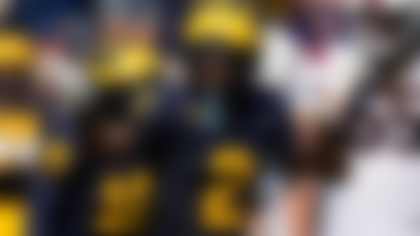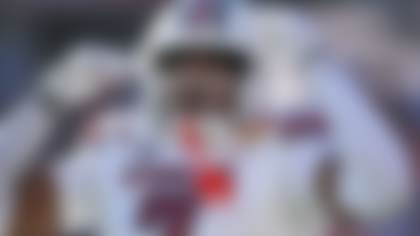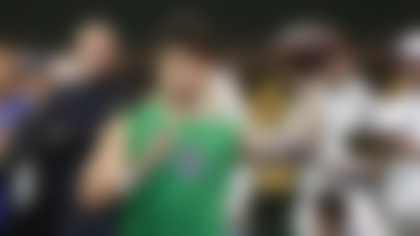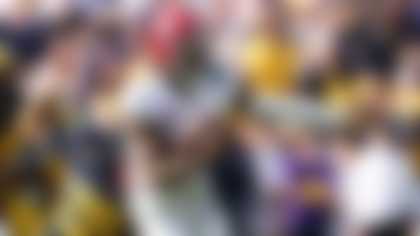The New Orleans Saints are holding out hope that their leading rusher will be in the lineup Sunday against the Baltimore Ravens.
Rookie running back Chris Ivory missed his second consecutive practice Friday and is listed as questionable on the Saints' official injury report. Ivory strained his right hamstring during last Sunday's 31-13 victory over the St. Louis Rams.
Saints coach Sean Payton spoke extensively about Ivory's status Friday, saying the running back's status would be a game-time decision. On Wednesday, Ivory received a PRP injection, which helps accelerate the healing process of muscle injuries.
Ivory confirmed this wasn't the first time he has received the injection this season. Payton said the procedure is common.
"A number of guys have (received it)," Payton said. "We've done this with double-digit players throughout the season. I made light of it, and I know it became a big story, but the point is that it's something that's done often with a hamstring."
Payton was asked why Ivory didn't receive the injection sooner than Wednesday.
"You do it when you feel like the recovery hasn't been as quick," the coach said. "You're not going to do it just randomly. You do it to help speed up the recovery when you feel like it needs to be done. It's not like early in the week we said, 'He's got a hamstring, we'll go right to this.' It's fairly minor."
Payton said Ivory is "progressing and feeling better," but made it clear that the running back's status was very much undetermined. Ivory enters Week 15 with 683 yards and five touchdowns on the ground, both team highs.
Citing the Center for Sports and Osteopathic Medicine in New York City, NewOrleans.com reported that Platelet Rich Plasma, or PRP, is blood plasma with concentrated platelets. The concentrated platelets found in PRP contain huge reservoirs of bioactive proteins, including growth factors that are vital to initiate and accelerate tissue repair and regeneration. These bioactive proteins initiate connective tissue healing: bone, tendon and ligament regeneration and repair, promote development of new blood vessels, and stimulate the wound healing process.



